
Colossal Biosciences Raises $120 Million to Bring the Dodo Back from Extinction!
2025-09-22
Author: Sophie
A Revolutionary Step in De-Extinction
Colossal Biosciences, at the forefront of species de-extinction efforts, has made groundbreaking advancements in avian cellular science, particularly in rejuvenating the long-lost dodo bird. This once-vibrant species has been missing for nearly 300 years, but Colossal is turning heads with their latest achievement: successfully cultivating primordial germ cells (PGCs) from pigeons for the first time ever! This landmark milestone is essential in the ongoing quest to revive the dodo.
A Massive Influx of Funding
In a remarkable boost to their ambitions, Colossal secured a staggering $120 million from prominent investors, including USIT, Bob Nelsen, and filmmaker Peter Jackson. This funding rounds off their Series C financial rally to an impressive total of $320 million, adding to the $200 million already in the bank. Since launching in September 2021, Colossal has amassed over $555 million, leading to a jaw-dropping valuation of $10.32 billion!
Expanding the Avian Genetics Team
Recent funding will allow Colossal to expand its Avian Genetics Group and delve deeper into de-extinction projects, including efforts to resurrect the Moa. They've also engineered a unique flock of gene-edited chickens, envisioned to act as surrogates for dodos and other endangered birds. Their innovative work does not stop there; new genomic resources for exotic and threatened pigeons will help pinpoint key areas for genetic editing, enhancing the feasibility and speed of de-extinction.
The Role of the Mauritius Dodo Advisory Committee
To ensure that local conservation efforts are honored, Colossal has established the Mauritius Dodo Advisory Committee. This body comprises experts deeply knowledgeable in the culture and history of Mauritius, the dodo's native home, and will play a vital role in devising a plan for reintroducing the dodo into its natural habitat.
Facing the Cloning Challenge
One of the major hurdles in the de-extinction journey is the challenge of transforming modified cells into viable living organisms. Traditional cloning methods such as somatic cell nuclear transfer work for mammals but are not suitable for birds due to their unique egg structure. Instead, Colossal's innovative approach focuses on culturing and editing primordial germ cells, ultimately leading to the creation of dodo eggs or sperm.
A Breakthrough in Germ Cell Culture
Prior to Colossal’s work, the culture of primordial germ cells was only possible with chickens and geese. The successful culture of pigeon PGCs marks an astounding breakthrough, paving the way towards creating actual dodos. Colossal’s avian team meticulously experimented with over 300 growth factor combinations to achieve this success, allowing the PGCs to flourish for over two months and double in number every 35 hours.
Advancements in Conservation Efforts
The implications of this technology extend beyond just the dodo; it is a game-changer for conservation. With endangered species like the Mauritian pink pigeon facing dire threats, these advancements can help restore lost genetic diversity and produce disease-resistant cell lines. This provides a secure pathway to safeguard against further genetic depletion!
The Road Ahead for Colossal
Creating edited PGCs is just the starting point in a comprehensive process to produce genetically modified birds. The pathway continues with injecting these PGCs into developing chicken embryos, where they can evolve into functional eggs and sperm. The process is intricate, and few labs globally have achieved success in creating gene-edited chicks. Remarkably, Colossal's team has accomplished this milestone in under six months, utilizing Nicobar pigeons, the dodo’s closest relative, as a genetic reservoir.
Pioneering the Future of Biodiversity
With these groundbreaking achievements, Colossal Biosciences is not only setting the stage for the dodo's return but also paving the way for significant advancements in avian conservation and biodiversity revitalization. The dream of seeing the dodo walk the earth again may be closer than ever, and Colossal is determined to make this dream a reality.

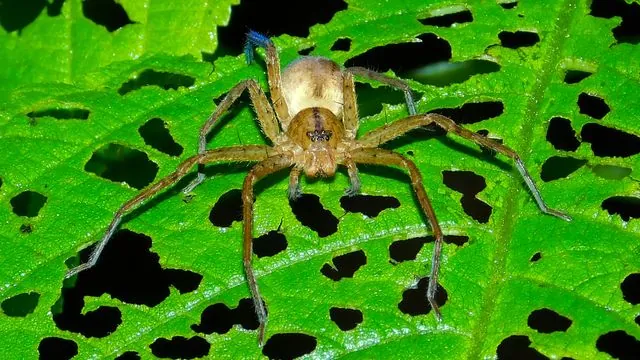
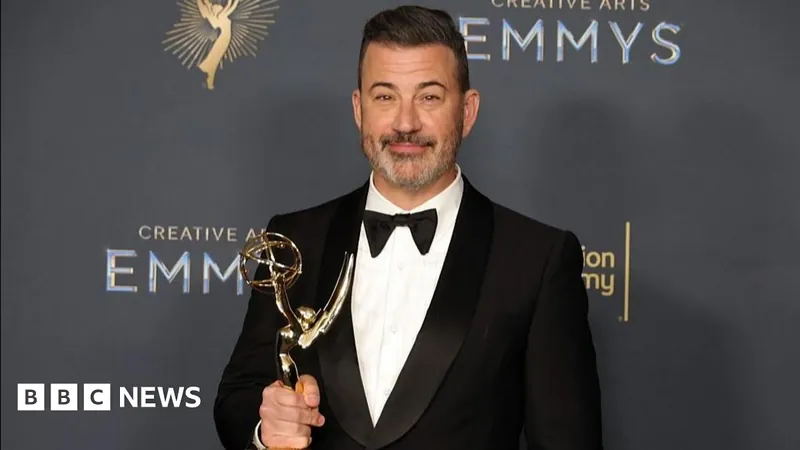

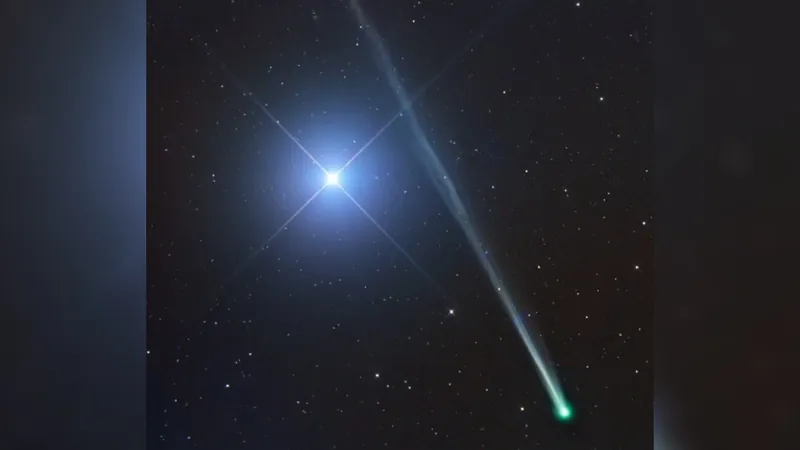
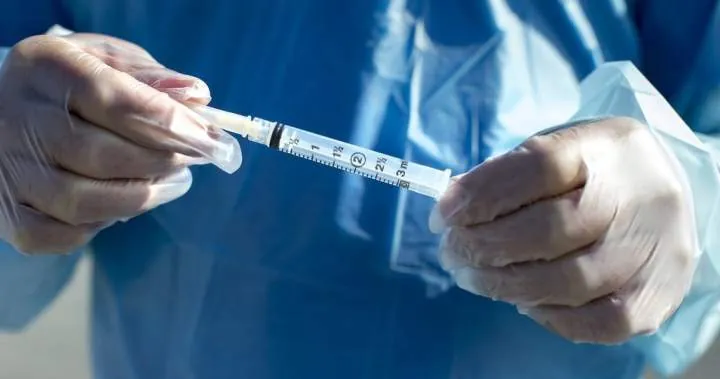
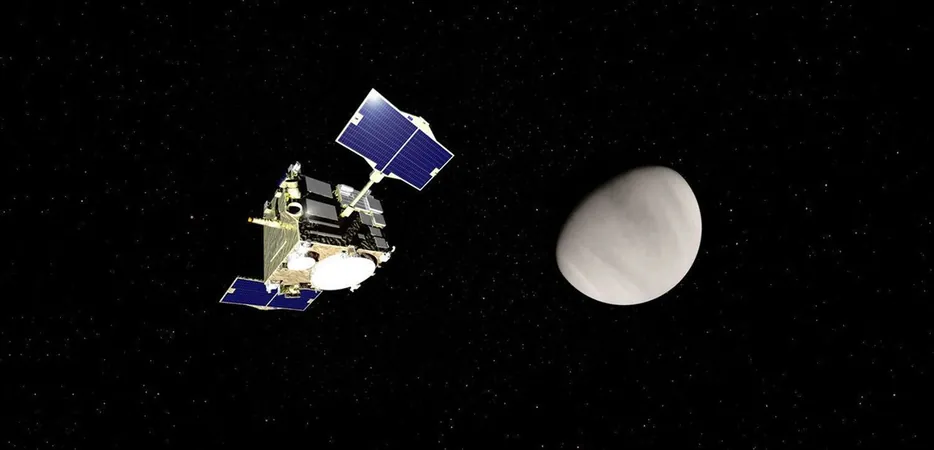
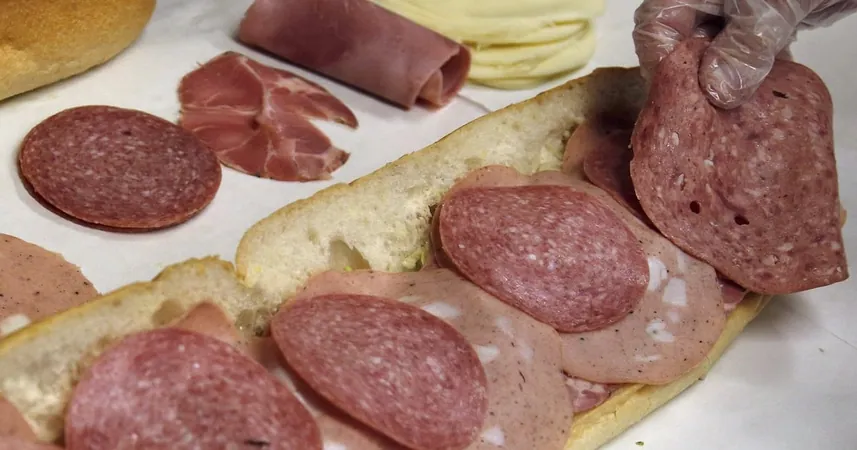
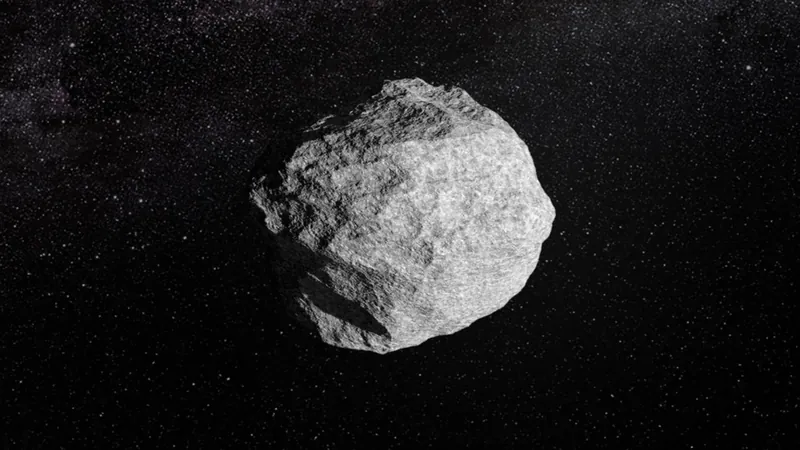
 Brasil (PT)
Brasil (PT)
 Canada (EN)
Canada (EN)
 Chile (ES)
Chile (ES)
 Česko (CS)
Česko (CS)
 대한민국 (KO)
대한민국 (KO)
 España (ES)
España (ES)
 France (FR)
France (FR)
 Hong Kong (EN)
Hong Kong (EN)
 Italia (IT)
Italia (IT)
 日本 (JA)
日本 (JA)
 Magyarország (HU)
Magyarország (HU)
 Norge (NO)
Norge (NO)
 Polska (PL)
Polska (PL)
 Schweiz (DE)
Schweiz (DE)
 Singapore (EN)
Singapore (EN)
 Sverige (SV)
Sverige (SV)
 Suomi (FI)
Suomi (FI)
 Türkiye (TR)
Türkiye (TR)
 الإمارات العربية المتحدة (AR)
الإمارات العربية المتحدة (AR)